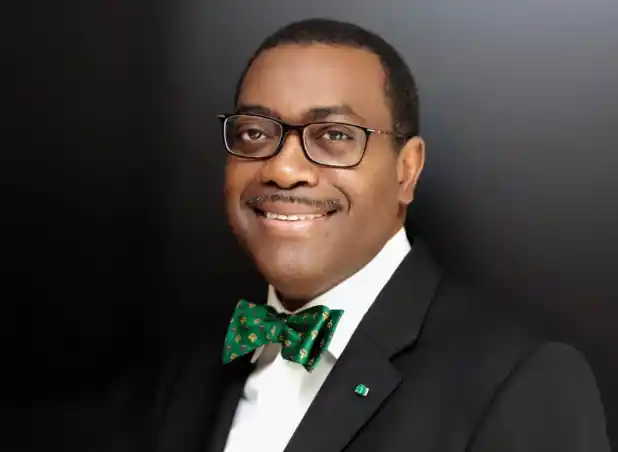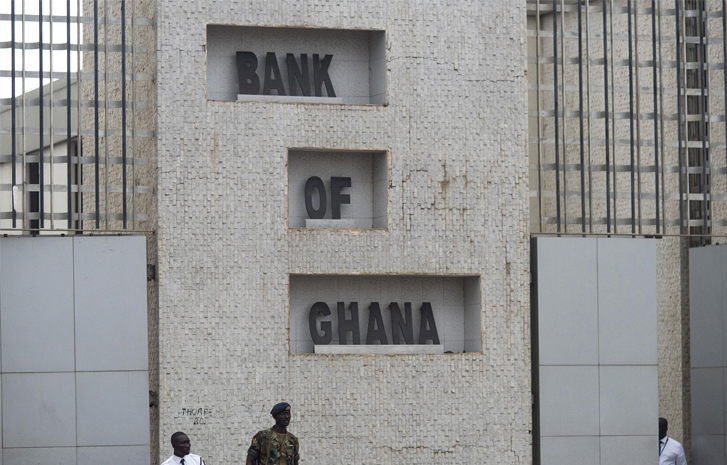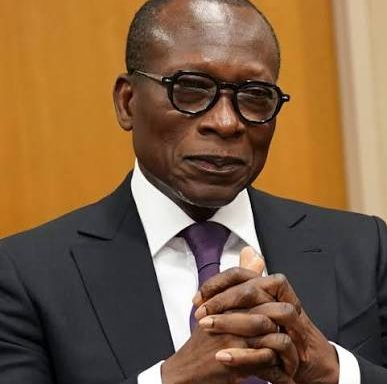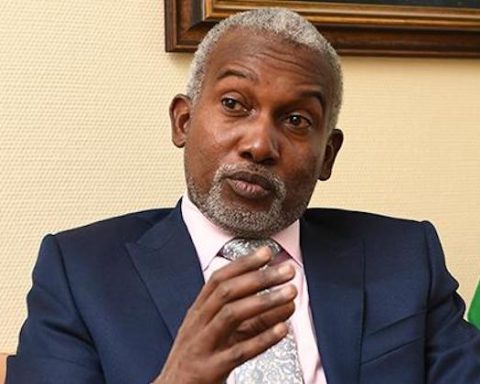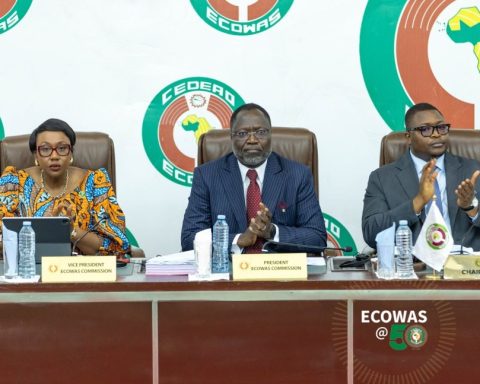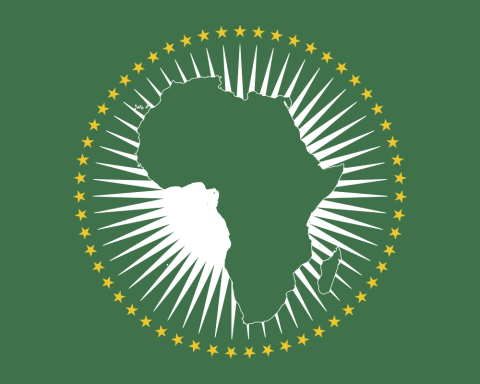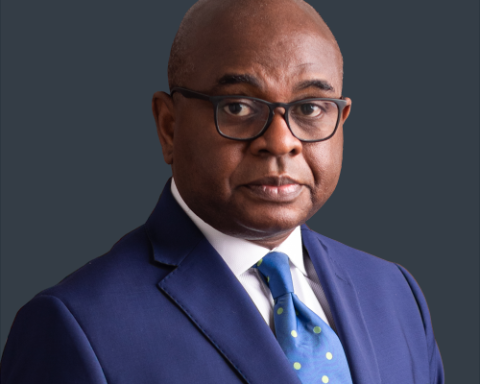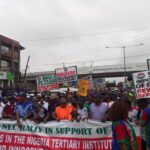In a thought-provoking address at the 78th United Nations General Assembly, Dr. Akinwumi Adesina, President of the African Development Bank, unveiled a five-point plan to rectify the perceived constraints that hinder Africa’s development within the global financial architecture.
The President emphasized the need for transformative change to ensure that Africa can achieve its growth and development goals.
Join our WhatsApp ChannelSpeaking at a high-level roundtable titled “Towards a Fair International Financial Architecture,” Adesina outlined the five key constraints facing Africa and offered innovative solutions:
Inadequate Financing for Development
Adesina underscored the challenge of securing the necessary resources for Africa’s development, highlighting a staggering financing gap of $1.2 trillion through 2030 to fund the Sustainable Development Goals. He proposed scaling up financing for global development and leveraging the private sector to bridge this gap.
READ ALSO: AfDB, Google Partners For Digital Revolution In Africa
“Multilateral development banks must deploy risk-mitigating instruments to unlock the potential of institutional investors for climate-related projects,” said Adesina.
Insufficient Climate Financing
The President pointed out that Africa contributes only 3% of global emissions but is disproportionately affected by climate change, losing billions annually. He called for a simplified and better-coordinated global climate finance architecture, advocating for contingency clauses in loans to relieve countries facing climate shocks.
“We need a climate finance system that is responsive to Africa’s urgent needs,” Adesina emphasized.
Complex Debt Restructuring
Dr. Adesina expressed concerns over the intricate and protracted nature of debt restructuring, which poses significant risks to African nations. He urged multilateral development banks to fast-track the G20 Common Framework for Debt Treatments to expedite debt resolution.
“Debt restructuring should not be a lengthy and costly process; it should serve the best interests of developing countries,” Adesina stressed.
Capitalization of Multilateral Development Banks
Adesina called for increased capitalization of multilateral development banks, particularly through substantial increases in paid-in capital. This boost in capital would enable these banks to leverage more financing for development initiatives.
“Greater capitalization is essential for enhancing the capacity to support countries in their development endeavors,” Adesina explained.
Leveraging IMF Special Drawing Rights (SDRs)
To address the unequal distribution of resources, Adesina proposed channeling a portion of IMF Special Drawing Rights from donor countries to multilateral development banks.
This approach, supported by the African Development Bank and the Inter-American Development Bank, could create a multiplier effect, generating additional financing for Africa.
“SDR rechanneling presents a unique opportunity to accelerate development with zero risks to donor countries,” Adesina highlighted.
Adesina’s visionary plan gained support from IMF Managing Director Kristalina Georgieva, who recognized its potential to provide a significant financial boost to Africa.
The President estimated that a $25 billion SDR rechanneling initiative could generate an impressive $100 billion in additional financing for the continent.
Furthermore, Adesina emphasized the urgent need for change in the global financial architecture to create a fairer, more equitable world. He stressed that the collective future of the world depended on rectifying the current financial disparities.
“To achieve a fair, more just, and equitable world, we must change the structure, conduct, and performance of the global financial architecture,” Adesina concluded, highlighting the importance of swift action to address these critical issues.
Emmanuel Ochayi is a journalist. He is a graduate of the University of Lagos, School of first choice and the nations pride. Emmanuel is keen on exploring writing angles in different areas, including Business, climate change, politics, Education, and others.


